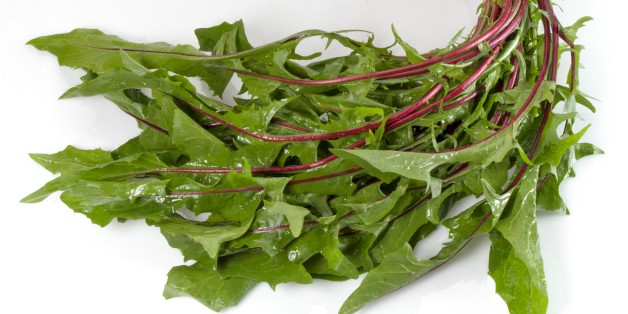Bitters are compounds which influence many areas of upper digestive function including salivation, gastric secretion, bile flow and pancreatic function, and can be consumed via foods or as herbal medicines (also known as bitter tonics, aromatic digestives and digestive stimulants).
It is thought that by stimulating the bitter taste receptors in the mouth, these compounds in turn stimulate, via the vagus nerve, the production of the hormone gastrin which activates gastric juices. The results can include increased hydrochloric acid production; increased digestive enzyme and bile production; increased motility; increased appetite and overall improved digestive function.
Bitters are useful in treating many forms of indigestion/dyspepsia including bloating, flatulence, reflux and heartburn, and upset stomach, as well as nutrient malabsorption and irregular bowel habits. “Digestive bitters” in the diet has long been a European tradition.
Consuming bitter herbs and foods can also assist in reducing acidity in the body, and in kidney, liver and gallbladder detoxification, which helps to reduce inflammation and improve general health and immune function.
Bitters tonics are best taken anywhere from 10 to 30 minutes before a meal. Bitter foods can be consumed either before or with a main meal (e.g. rocket salad)
Bitter foods are plentiful and include dandelion greens, kale, spinach, rocket, endive and grapefruit. Some wonderful bitter herbs are Gentiana lutea (Gentian), Taraxacum officinale radix (Dandelion Root), Cynara scolymus (Globe Artichoke) Berberis vulgaris (Barberry) and Andrographis paniculata (Andrographis).

